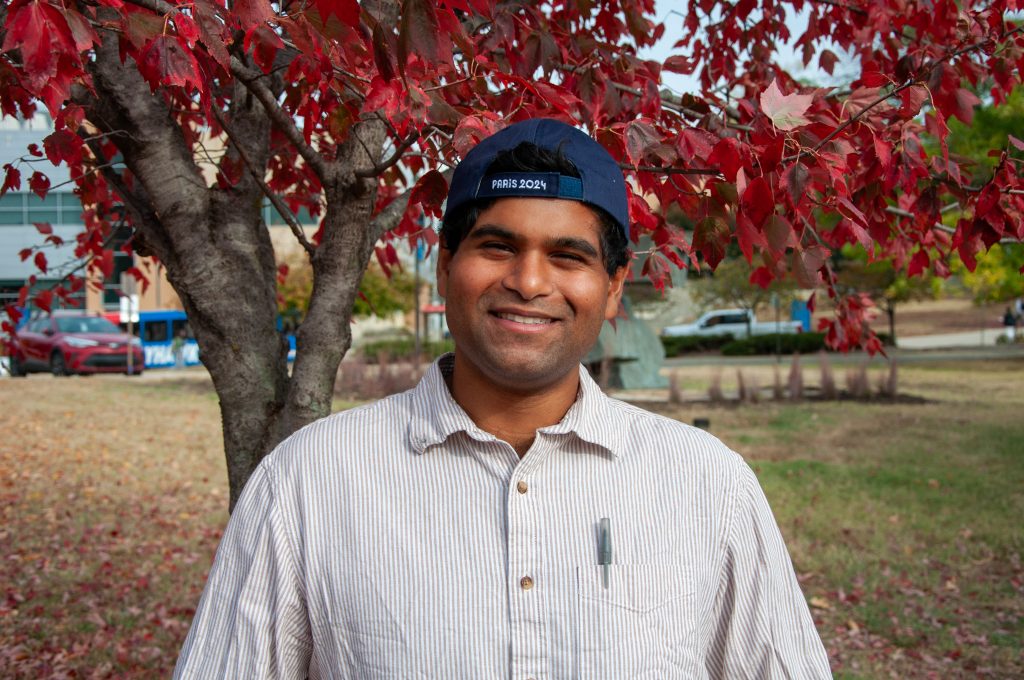
Your upperclassmen are your most valuable people to learn from to gain retrospection into the new environment of law school. Whether it be classes, future careers or places to eat, the upperclassmen always have some important insight. Networking with upperclassmen can seem like a daunting task for some. This will be a guide to help with the process.
1. Be comfortable with rejection.
The 2Ls are busier than you and the 3Ls are way more tired. Chances are that they have a lot more work to do, or that they have prior commitments, either socially or through work. To network successfully, the first stage is to be comfortable getting rejected or turned down. The easiest networking is done day to day, and persistence in decency is the best way to build lasting connections.
2. Acknowledge people, even if you don’t know them.
Acknowledging others, regardless of their position in relation to yours, allows them to feel comfortable engaging with you. The easiest way to build connections is to invite those connections to feel comfortable speaking with you. A lot of the time, I will just walk into a group conversation and listen in. Most of the time if I know someone there, I will be able to get an introduction, but if not, then introducing oneself is a great skill to have.
3. Join clubs.
Joining clubs is the easiest way to interact with upperclassmen who also have the same interests as you. The upperclassmen in clubs have the most direct path to the kind of law and career that you will likely follow because they have done a lot of the legwork in exploring those areas of interest. Those upperclassmen will be happy to share their knowledge with you, especially if they feel like you are interested in that path as well.
4. Feel ready to say yes to things even if you are unsure.
You should always be ready to agree to do activities when invited. Saying yes to going out after class, playing sports, or just being invited to talk in the commons impromptu can be a great way to meet a variety of your upperclassmen at the same time. Offering to bring a group of your classmates can be a great step in meeting your upperclassmen and gaining insight. If you have a conflict, try to reschedule or find other ways to stay in the loop. The community is very accepting, but your response to a first invitation can determine the extent to which you get invited again.
5. Engage with upperclassmen at their interests.
Many people inside and outside of law school are willing to give advice about law school and career paths, but our true passions lie beneath the law. Law school should be a crutch that you use when the conversation lulls, but not the focus or drive of the conversation. Ask questions and be curious, especially in subjects you do not know a lot about. Be genuinely curious about your upperclassmen and they will be curious about you and your interests.
Tip: Stay away from controversial topics like politics, relationships or religion unless they bring it up first.
The person who brings up a controversial topic in a conversational manner is more likely to be willing to have a conversation about the subject; however, controversial subjects and jokes have the potential to fall flat and cause damage. I would caution against saying anything of a controversial nature, unless you have a good grasp on the character and how the person might react to those subjects.
6. Be willing to listen.
When an upperclassman is offering advice, and believe me they offer a wide variety and scale of advice, take it in and let it live. You do not necessarily have to follow all the advice, but it is better to listen to the advice, digest it and then make an informed decision than to disregard any of it. My policy is that no information is bad information to know, even if that information is conflicting.
Likewise, people, no matter who, enjoy talking about themselves. It is the subject that they know the most about. Many people enjoy being heard, so try and reinforce positive things people say about themselves.
7. Invite Upperclassmen to activities.
If you have been invited to events by upperclassmen, it is important to repay the favor. No one wants to feel like they are not appreciated, so when you go to a social event or play a sport, invite the upperclassmen along. Even if you are 99% sure they have something better to do, make sure the choice is theirs to make.
8. Connect your friends with people you have met.
When you have reached a level of rapport with your upperclassmen, you will meet their friends. Now, their friends are your friends and future colleagues. It is important that when you get to that stage, you are also willing to connect your friends with the bridges that you have built.
9. Just be chill.
At the end of the day, if you are a good person and act respectfully and cordially to your upperclassmen and peers, people will like and respect you. Being well-liked is the easiest networking skill because it precedes your first impression.
Ultimately, extroversion and introversion are spectrums that you can play up or down depending on how much you want to be involved. A skilled lawyer will be able to put on an extroverted mask seamlessly when it is necessary because our profession asks us to be leaders in our community. Thus, you should treat networking amongst your peers as a skill to be developed, not something innate that people have or do not.
– Sidharth Mohan is a 1L KU Law Student Ambassador from West Palm Beach, Florida